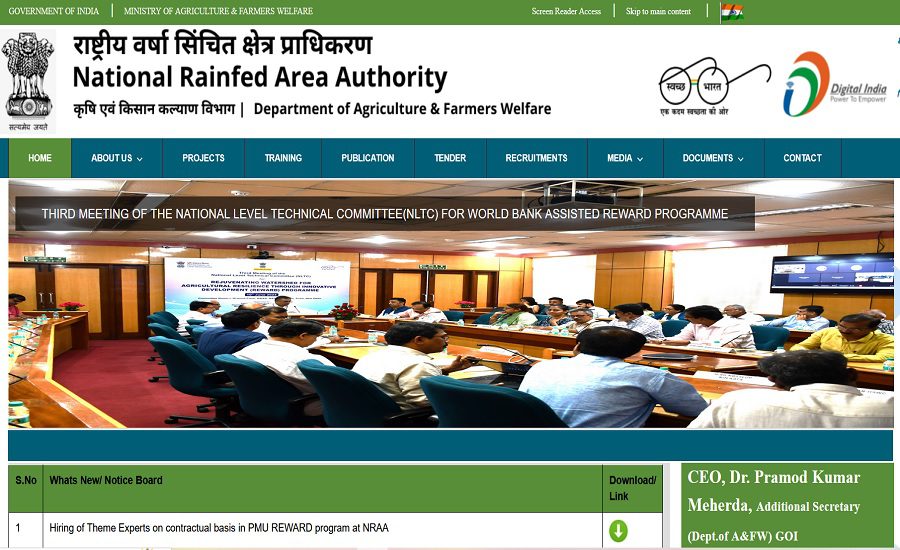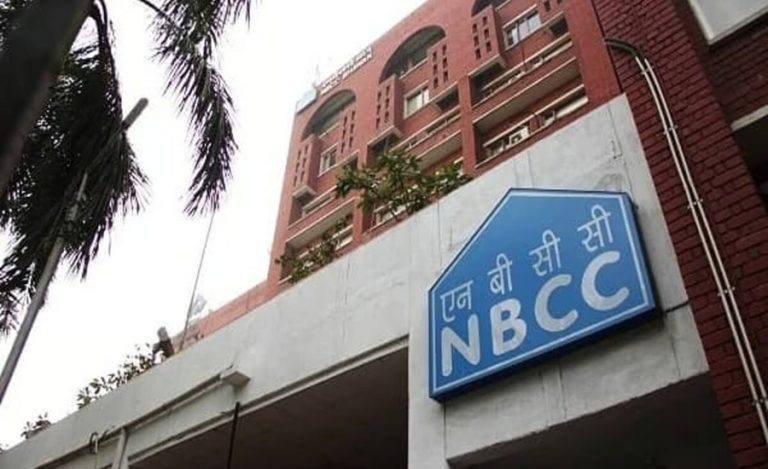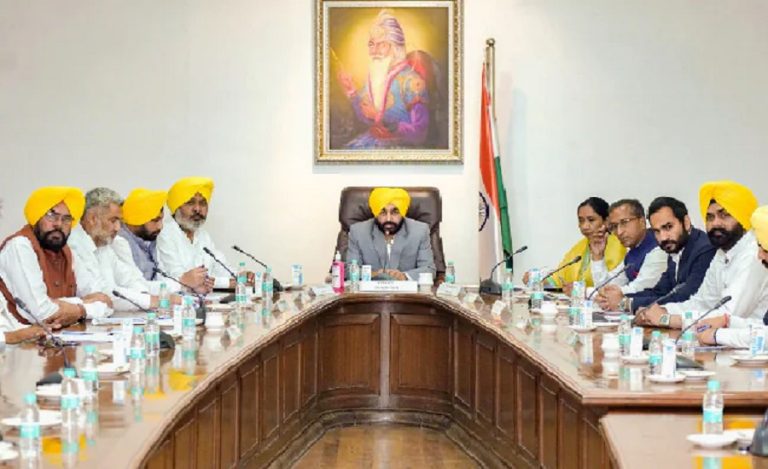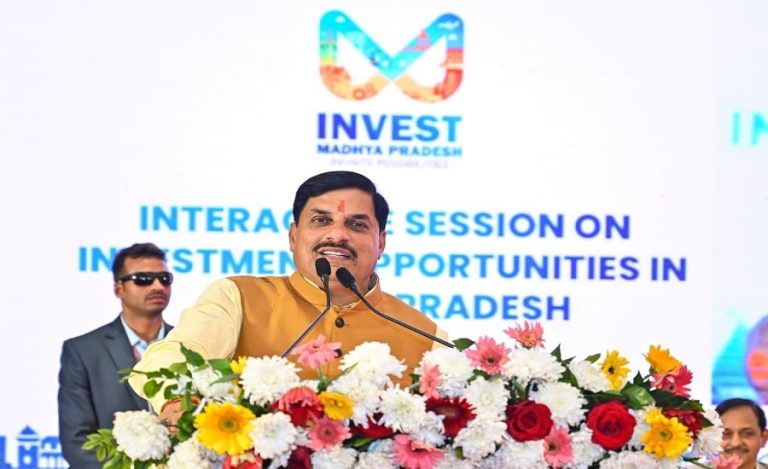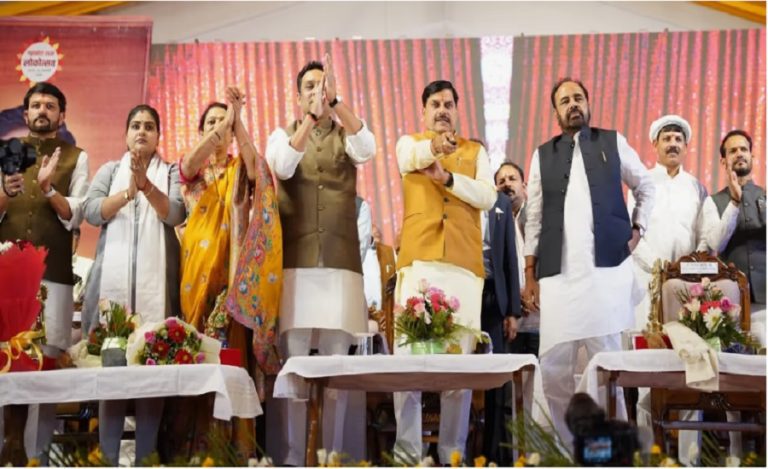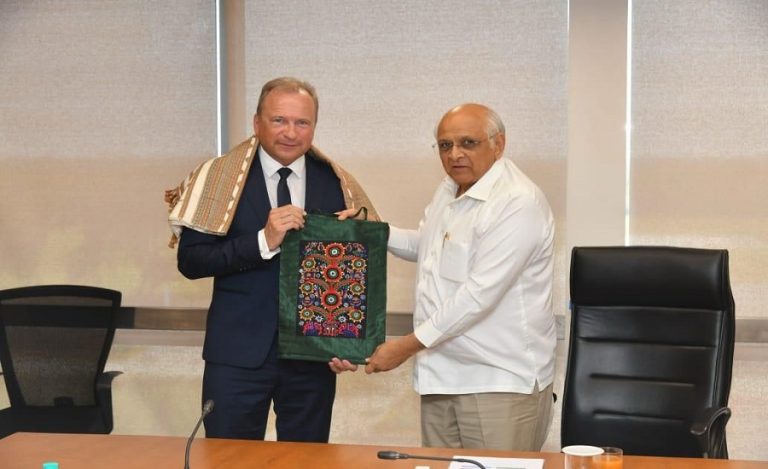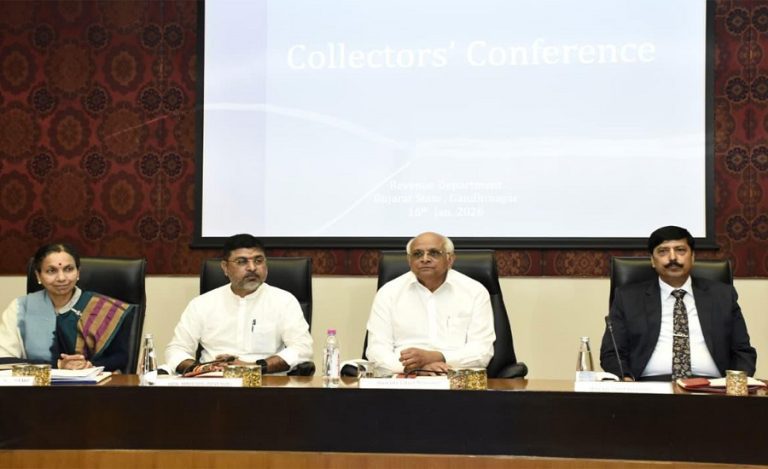In a move that has caught many in the bureaucratic circles by surprise, IAS officer Anil Kumar Singhal (1993 batch, Andhra Pradesh cadre) has been appointed as the Chief Executive Officer (CEO) of the National Rainfed Area Authority (NRAA) under the Ministry of Agriculture & Farmers Welfare.
The appointment is part of a wider Additional Secretary-level reshuffle enacted by the central government on Monday, affecting several senior civil servants across ministries.
Return After Recent Repatriation Raises Eyebrows
Singhal’s return to central deputation is particularly notable as it comes just weeks after his premature repatriation to his parent cadre on July 2, 2025, with an extended cooling-off condition — a standard administrative clause meant to delay reappointment to central positions.
Prior to his repatriation, Singhal served as Additional Secretary in the Department of School Education & Literacy, Ministry of Education, a post he held since October 2024.
The swift reversal – from repatriation to a fresh central posting – has triggered speculation and discussion in administrative corridors, with many calling it an “unusual but significant exception” in cadre management protocol.
Yimkum I Ozukum Posted as Co-District Commissioner, Golakganj
Meanwhile, in a separate development, Yimkum I Ozukum, a 2023 batch IAS officer of the Assam-Meghalaya cadre, has been posted as Co-District Commissioner of Golakganj, Assam, following the completion of Phase-II training at LBSNAA, Mussoorie.
The posting marks the beginning of Ozukum’s field career and is in line with standard posting procedures for young IAS officers upon completing foundational and advanced training modules.
Context and Implications
The National Rainfed Area Authority (NRAA) plays a critical role in policy-making and implementation support for rainfed farming systems – which constitute a large portion of India’s agricultural landscape. As CEO, Singhal will be tasked with driving initiatives aimed at drought mitigation, sustainable agriculture, and water resource management in non-irrigated areas.
Given the urgency of addressing climate-resilient farming and rural distress, his return to this key role suggests a strategic move by the Centre to tap into experienced hands despite administrative technicalities.

